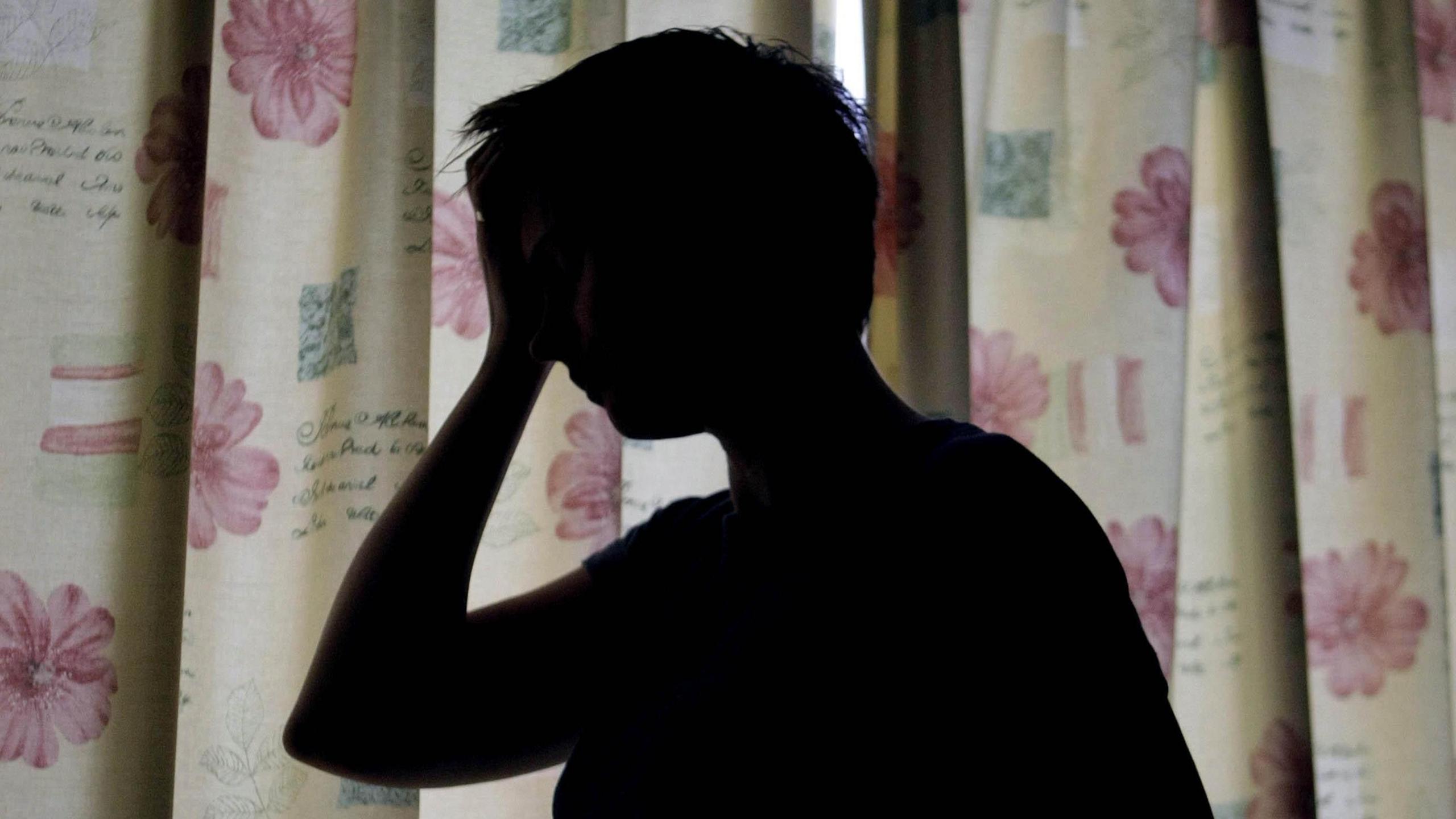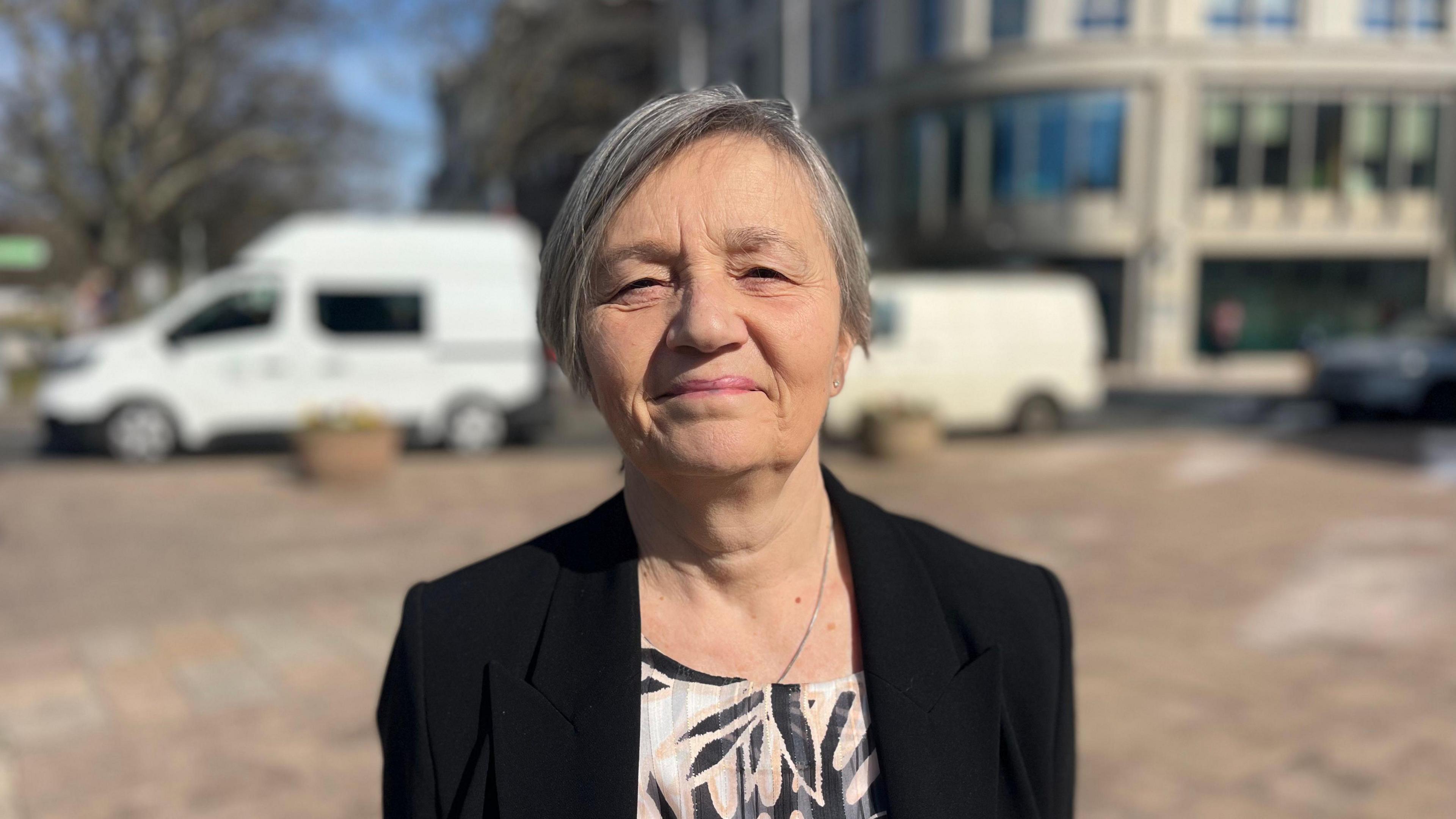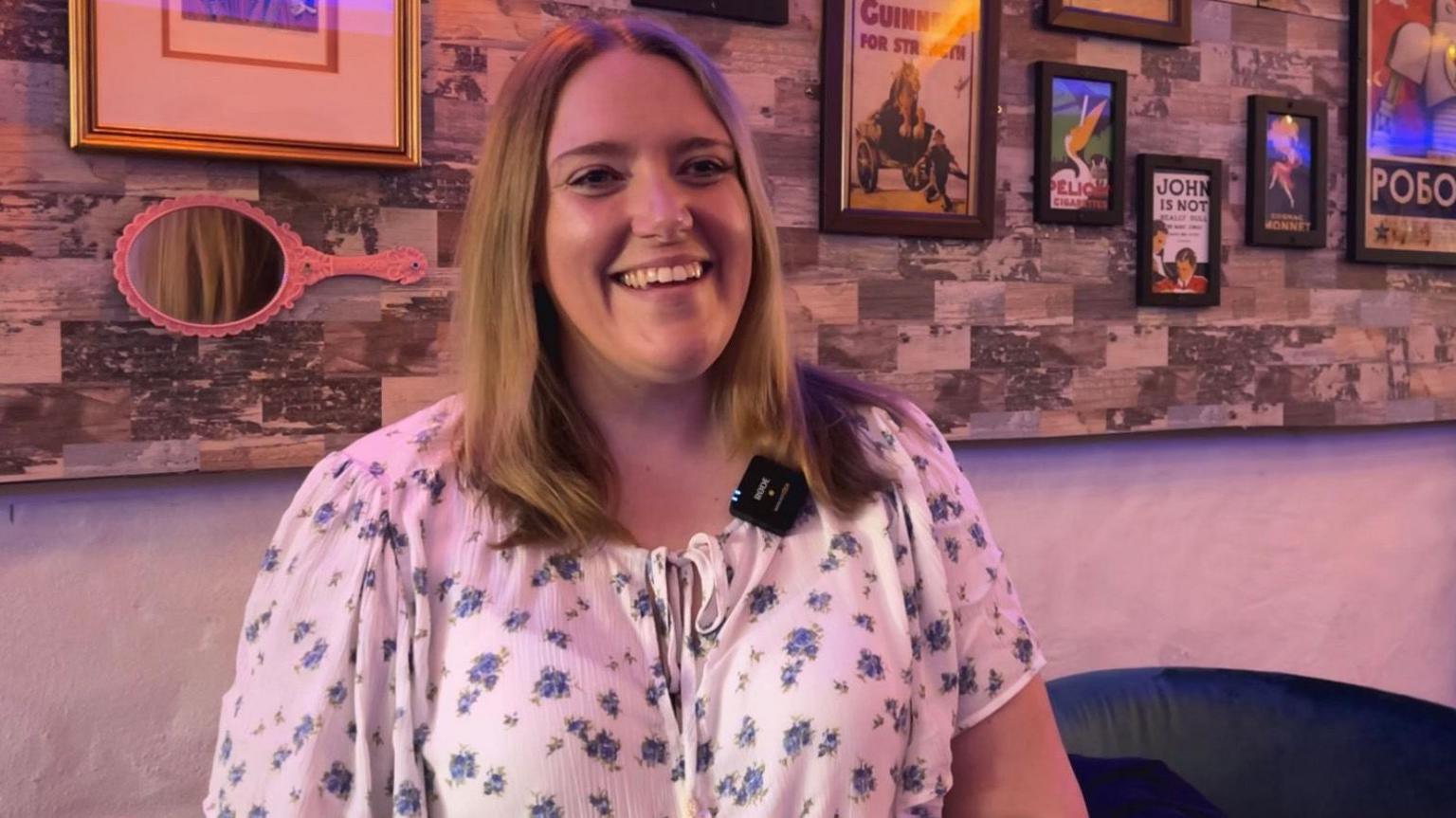Coercive control campaigner creates checklist

A guide for signs to look for in people who may be being affected by coercive behaviour has been created
- Published
A campaigner and survivor of domestic abuse has issued a checklist of signs to help identify somebody who is experiencing coercive control.
Samantha Billingham, founder of UK-based organisation Stronger Beginnings, supported the Government of Jersey's campaign to raise awareness around coercive control as part of ongoing work to tackle violence against women and girls (VAWG).
The government said domestic violence awareness month takes place in October, and said Ms Billingham had created an ABC checklist which could suggest a person is experiencing coercive control.
She said the ABC list stood for "appearance, behaviour and conversation", and added "this can be particularly important at work".
'Quiet and withdrawn'
Ms Billingham said work was sometimes the "only safe place for the victim".
"The ABC checklist can be an easy way to see if there are any changes in someone which could be of concern", she said.
"Changes in appearance can relate to someone not being well groomed.
"Behaviour changes can include things like not making eye contact or being quiet and withdrawn and changes in conversation can include being hesitant or evasive.
"Loved ones, friends, family and colleagues can help a person who might be experiencing this just by listening to the person."
Wellbeing and safety
The minister for justice and home affairs, deputy Mary Le Hegarat, said tackling the issue of violence against women and girls (VAWG) was a "priority for the council of ministers".
"In June this year we published our first report which outlined the progress made against the recommendations of the VAWG Taskforce, which showed that significant progress had been made," she said.
She added: "Regarding the issue of coercive control, I would urge anyone who is experiencing this to seek help and support when they feel they can, which is available locally. You will be supported and listened to, in confidence."
Service manager for Jersey Domestic and Sexual Abuse Support, Sarah Hamon, said the list was an "easy tool for all islanders to use".
She added: "The red flags of domestic abuse are often first noticed by those closest to the victim-survivor."
She said it was hoped the checklist would enable and inform conversations which lead to people accessing support around their options, wellbeing, and safety.
Follow BBC Jersey on X, external and Facebook, external. Send your story ideas to channel.islands@bbc.co.uk, external.
Related topics
- Published10 March

- Published10 June

- Published8 September
